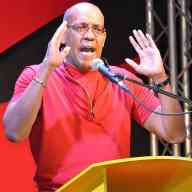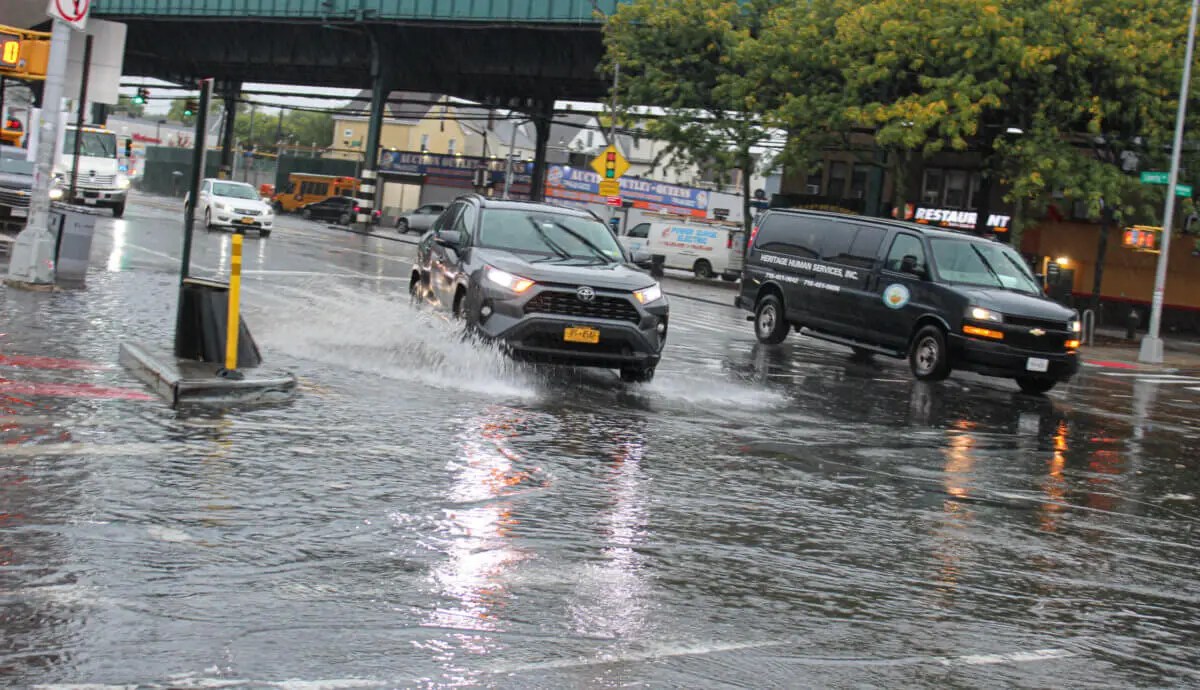Saying it wants peace on its borders and a stable continent, Brazil’s government is planning to renew a bilateral pact defense agreement with the Caribbean Community nation of Guyana in the wake of its simmering and ongoing border troubles with Venezuela, government officials said this week.
Just weeks after the United Nations agreed with Guyana and decided to send Venezuela’s decades-old claim to large tracts of Guyana’s land and sea space to the World Court in The Netherlands for a once and for all settlement, Brazil’s government sent the highest ever ranked delegation to Georgetown for talks with Guyanese government officials.
Top Guyanese officials are tight lipped about the real reason for the visit, sticking generally to the official line that Brazil is working to ensure peace in a region where Venezuela has territorial disputes with most of its neighbors and has often threatened Guyana with military invasion.
More than 30 high ranking military officers including the chiefs of the air force, the intelligence branch, the navy and almost every facet of Brazil’s military flew to Guyana on a Brazilian military plane last Friday and spent the day in talks with President David Granger, senior cabinet and military officials. Granger is himself a retired brigadier general who won general elections in 2015.
But Defense Minister Raul Jungmann Pinto might have dropped more than a hint about Brazil’s reason for the visit and how it sees its role in the northern South American region, which includes two Caribbean single trading bloc nations-Guyana acting as the headquarters of the 15-nation bloc and Suriname.
“It is not by accident that such a large and high level delegation came to Guyana,” he said, flanked by more than a dozen admirals, about five generals and five cabinet ministers including Mr.Torquato Lorena Jardim of the justice ministry.
Trying to stick to the official line as close as possible, Guyanese Foreign Minister Carl Greenidge also invited media to analyze the composition of the delegation as it was instructive.
“Look at the number of Brazilian ministers who were on the team as well as their rank. Also look at the seniority of the military officers that came. Our security is important,” he said shying away from saying that Brazil will protect Guyana in the event of any Venezuelan aggression, noting only that the two countries are “entering a new phase of cooperation.”
Rumors that some politicians and restless generals in Venezuela were planning military mischief against Guyana have been circulating among hemispheric intelligence officials in recent weeks, especially because many in Venezuela fear that a World Court decision in Guyana’s favor could seriously undermine the decades old claims to Guyana’s territory and leave eggs on the face of those who use the border dispute to whip of nationalistic fervor in times of political and economic crises.
Senior Guyanese officials said this was one reason why the Brazilian intelligence chief was a key part of the delegation.
Venezuela has been attempting to make nice through grant aid and other forms of handouts with several of Guyana’s Caribbean neighbors like St. Vincent, Dominica, Antigua and St. Kitts hoping they would take its side rather than Guyana’s. This is despite the fact that recurring support for Guyana is a mainstay at Caribbean community leaders meeting.
Granger, meanwhile, this week called a meeting of the security council and the Guyanese military top brass to discuss the latest issues including plans to acquire new planes, helicopters, coastguard vessels and other equipment for the defense force.
The area that Venezuela claims includes offshore blocks where ExxonMobil has found billions of barrels of oil and an undisclosed amount of gas on behalf of Guyana. Early estimates is that Guyana could earn $1M per day from 2020 when the first barrel is pumped from the seabed. This is as Venezuela with the world largest oil reserves has seen its oil sector tank, almost to total collapse and its economy is in ruins. Guyana appears to be heading in the prosperity direction. Other big players like Chevron, Repsol of Spain, Total of France, British Petroleum, Tullow Oil of the UK and others are either vying for concessions in the area or already have and are ignoring Venezuelan demands to exit the basin.
“We would like to review the joint communiqué to determine its applicability to present-day circumstances,” Granger said, hinting about recent developments linked to Guyana’s western neighbor.” That agreement contained seven points, which are being implemented but in light of the present situation in the northern coast of South America we would like to review that agreement to put greater emphasis on surveillance and our involvement in the Amazon Surveillance System.”

























